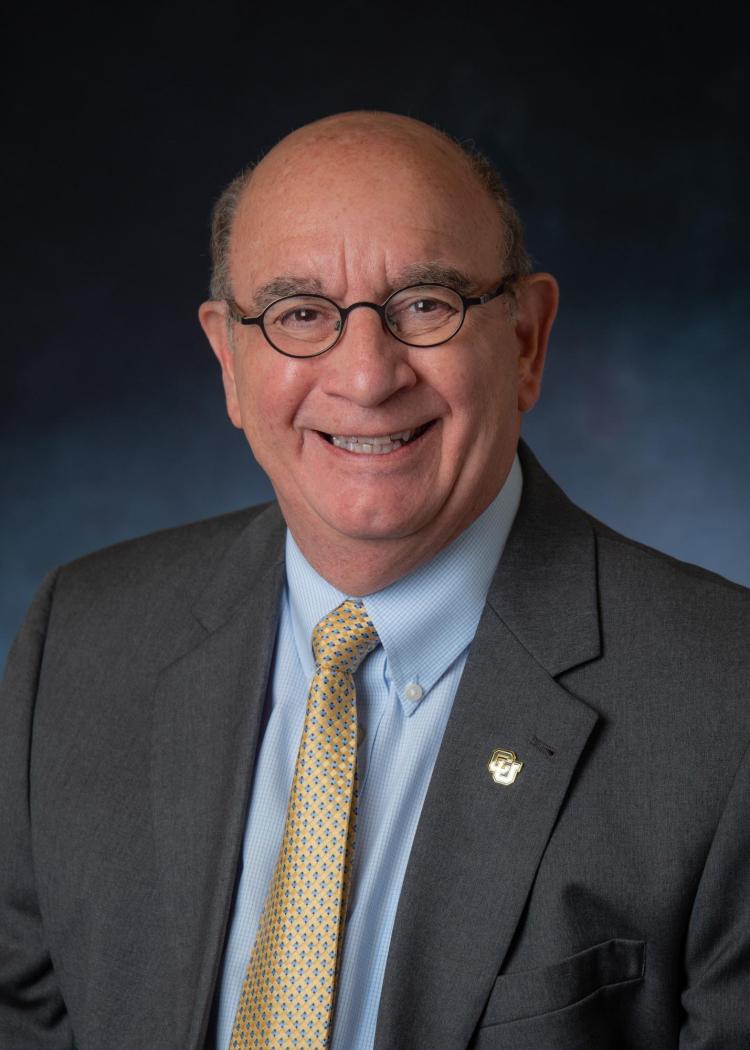Chancellor Philip DiStefano spoke in two sessions at the University Climate Change Coalition (UC3) Summit in Vancouver, British Columbia this week, bolstering and advancing the University of Colorado Boulder’s status as a leader in climate science research and sustainability.
Hosted by the University of British Columbia, the two-day UC3 summit brought together leaders from North American universities, public sector officials and non-governmental organizations to discuss higher education’s role in addressing climate change. Specifically, the summit focused on the themes of how universities are acting as agents of change in their communities and how the strength and influence of universities as anchor institutions can be leveraged on behalf of advancing climate solutions. 
“As we puzzle through optimal responses to climate mitigation and adaptation, we need to focus on our own communities, at a regional level,” DiStefano said during one of the summit roundtable events.
The University Climate Change Coalition, formed last year with CU Boulder as a founding member, is a coalition of 20 leading North American universities that are actively prototyping a collaborative model designed to help local communities achieve their climate goals and accelerate the transition to a low-carbon future. UC3 leaders at the summit launched a Research for Policy Platform, a joint research and development platform that declares a unified set of principles and policies to support higher education leaders in local, national and international climate policy engagement aimed at limiting global temperature rise to less than 1.5 degrees Celsius.
CU Boulder has played an active role in UC3, and DiStefano’s role in the summit follows his participation in the Higher Education Climate Leadership Summit in February 2018, where the launch of UC3 was officially announced.
DiStefano presented and spoke during two sessions at this week’s summit. The first was a multilateral roundtable session that brought together high-level Canadian government officials, university leaders and non-governmental organization leaders to exchange information about climate action underway in Canada, the United States and Mexico and to discuss the role of strategic partnerships in developing science-driven policy and implementing climate solutions.
“As a neutral convener, we work to bring together leaders … to explore and advance solutions to society’s most complex problems, including climate challenges,” DiStefano said, highlighting CU Boulder’s work to partner with the city to define and act on regional transportation solutions, as well as the university’s push to establish campus as a living-learning laboratory of a wide range of technologies. The chancellor also pointed to the importance of interdisciplinarity, noting that “there will be stronger results if economists are brought together with the natural sciences, as one example, in reaching broader audiences in proposed climate solutions.”
DiStefano also presented as part of a panel on leveraging climate leadership for university advancement, which looked at different engagement models and funding strategies that support universities and their partners in advancing climate solutions. He pointed to transformational philanthropy from private individuals as an area of tremendous opportunity both for individual UC3 members and their collaborative efforts.
Noting CU Boulder’s world-class strengths in climate, clean energy and sustainability research and practice, he said the university is in the early stages of crafting a vision around what could be contributed to the world if the university sought and secured a “catalytic” investment toward such work.
Taking CU Boulder’s early work one step further, DiStefano added: “As a coalition, we can achieve more by leveraging each institution’s complementary strengths, collaborating rather than competing, as we seek solutions to this urgent issue.”
In addition to DiStefano, CU Boulder professor Matt Burgess also participated as a panelist at the summit. Burgess, a political economist and Canadian citizen who holds a joint appointment in the Cooperative Institute for Research in Environmental Sciences (CIRES) and the Economics Department, spoke during a panel on the critical role universities play in scaling local climate policy to the national level.
For more than half a century, CU Boulder has been a leader in climate and energy research, interdisciplinary environmental studies programs, and engaging in sustainability practices both on campus and beyond, currently ranking No. 1 in the world in geosciences. This work is especially highlighted in institutes like CIRES, the Institute of Arctic and Alpine Research (INSTAAR) and the Renewable and Sustainable Energy Institute (RASEI), but is integrated throughout CU Boulder through the work of the Research & Innovation Office (RIO), hundreds of researchers in a multitude of departments across campus, the university’s student-led Environmental Center, and a commitment to sustainable operations across the campus.
Campus leaders have set a goal of reducing greenhouse gas (GHG) emissions by 20 percent by 2020 from a 2005 baseline, a 50 percent reduction by 2030, and an 80 percent reduction by 2050.



